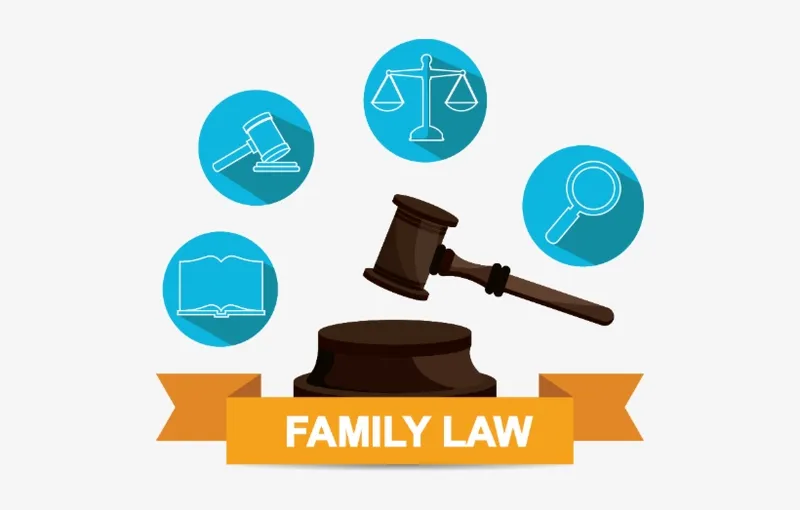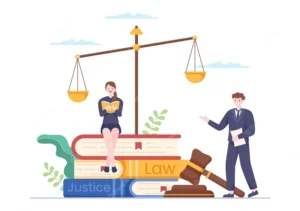What is Family Law and Its Main Areas?

Family law is a specialized branch of legal practice that deals with issues related to families and domestic relationships. It encompasses a wide range of legal matters that can profoundly impact people’s lives and well-being. In this article, we’ll delve into the world of family law, exploring its main areas and the crucial role it plays in resolving family-related disputes.
Contents
Understanding Family Law
Family law is the area of law that focuses on issues affecting family members and their relationships. Its primary goal is to provide legal solutions to conflicts and challenges that can arise within families. Family law covers various aspects, and its main areas include:
1. Divorce and Separation
One of the most common areas of family law is divorce and separation. When a married couple decides to end their marriage, family law governs the legal process. This includes issues such as property division, spousal support, child custody, and visitation rights. Family law attorneys help their clients navigate these emotional and often complex matters.
2. Child Custody and Visitation
Child custody arrangements are an integral part of family law. Courts make decisions based on the best interests of the child, determining which parent will have primary custody and how visitation rights will be structured. Resolving child custody disputes can be challenging, and family law attorneys play a crucial role in advocating for their clients’ rights.
3. Child Support
Family law also addresses child support matters. Courts calculate child support payments based on factors such as the parents’ income, the child’s needs, and the custody arrangement. Ensuring that children receive adequate financial support is a primary concern in family law cases.
4. Alimony and Spousal Support
Alimony, also known as spousal support or maintenance, is another vital area of family law. It involves one spouse making payments to the other after a divorce or separation. The goal is to provide financial assistance to the lower-earning spouse, allowing them to maintain a similar standard of living.
5. Adoption and Surrogacy
Family law governs the legal processes of adoption and surrogacy. These processes are highly regulated to ensure the rights of all parties involved, including birth parents, adoptive parents, and children. Family law attorneys facilitate the legal aspects of adoption and surrogacy arrangements.
6. Domestic Violence and Protective Orders
Protecting individuals from domestic violence is a significant aspect of family law. Courts issue protective orders to shield victims from abusive family members. Family law attorneys assist victims in obtaining these orders and provide guidance on pursuing legal action against the abuser.
7. Prenuptial and Postnuptial Agreements
Prenuptial and postnuptial agreements are legal documents that couples create before or after marriage to outline the distribution of assets and liabilities in case of divorce. Family law attorneys assist couples in drafting these agreements, helping them protect their financial interests.
8. Estate Planning
Family law also intersects with estate planning, as it deals with wills, trusts, and the distribution of assets upon a person’s death. Family law attorneys work alongside estate planning attorneys to ensure that family-related legal matters are handled comprehensively.
The Role of Family Law Attorneys
Family law attorneys play a vital role in guiding individuals through the complexities of family-related legal issues. They provide legal advice, represent clients in court, negotiate settlements, and ensure that their clients’ rights and interests are protected. Whether it’s assisting in a divorce, resolving child custody disputes, or drafting adoption documents, family law attorneys are essential advocates.
Conclusion
Family law is a multifaceted legal field that addresses various issues affecting families and domestic relationships. Understanding its main areas is crucial for individuals facing family-related legal challenges. Family law attorneys specialize in navigating these complex matters, ensuring that the rights and well-being of their clients are upheld. Whether it’s a divorce, child custody dispute, or adoption process, family law serves as a critical framework for resolving these sensitive issues and providing legal solutions that prioritize the best interests of all parties involved.









